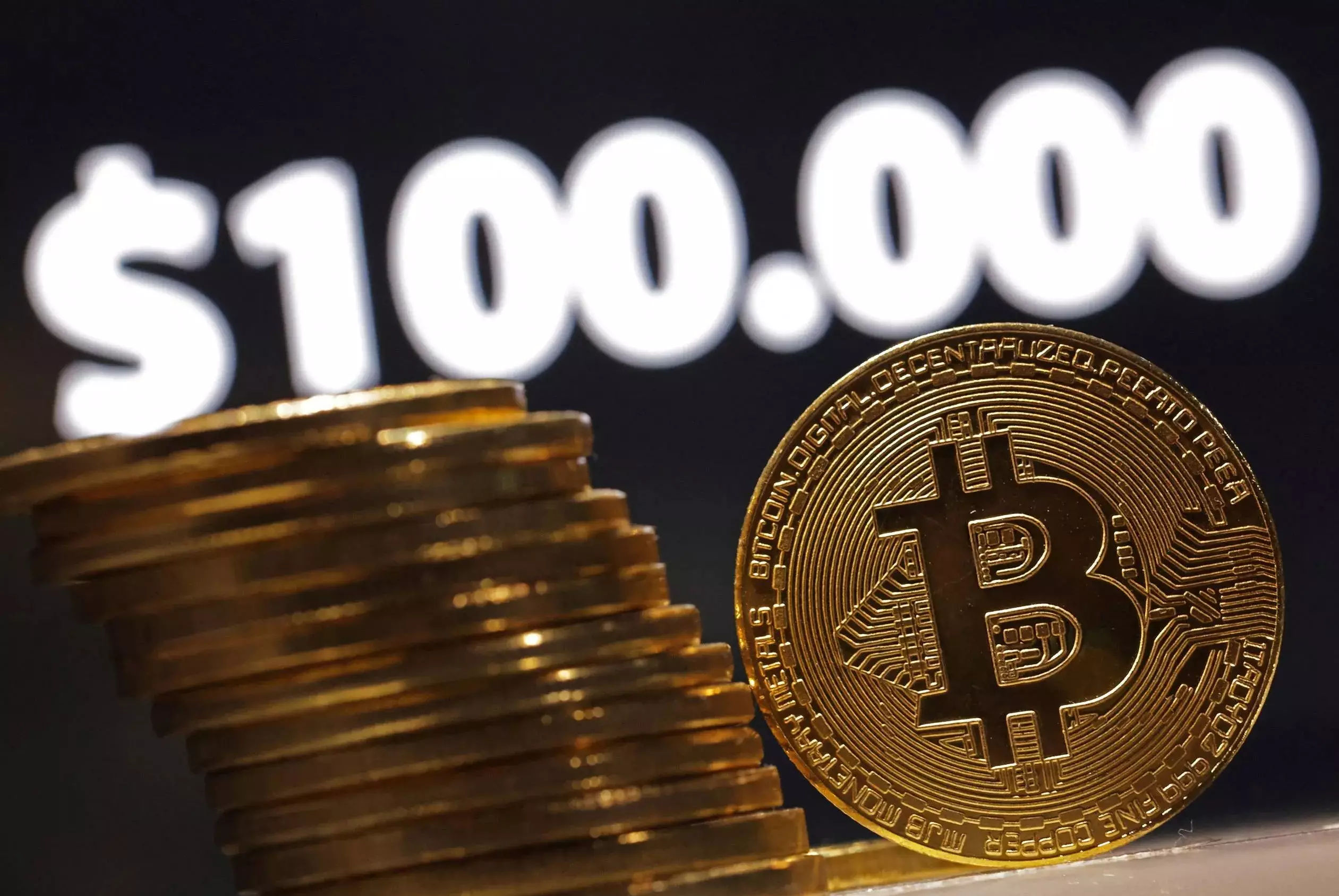In a landscape where financial technology meets legislative action, Bitcoin is emerging as a cornerstone of economic strategy for several U.S. states. Recent statements from influential figures in the cryptocurrency world suggest that the momentum surrounding Bitcoin is irrepressible. Notably, Changpeng Zhao, the former CEO of Binance, has implied that Bitcoin’s adoption is at a point of no return—a sentiment resonating through the crypto community and igniting discussions about the urgency for local Bitcoin reserves.
The propagation of legislation aimed at establishing Bitcoin reserves in various states marks a significant shift in how governmental bodies are viewing cryptocurrency. The recent passage of Montana’s House Bill No. 420, aimed at creating a localized Bitcoin reserve, demonstrates that this trend is not an isolated occurrence. On the heels of states like Utah, Oklahoma, and Arizona, Montana’s commitment to integrating cryptocurrency into its financial architecture suggests a broader recognition of Bitcoin’s potential advantages.
The Satoshi Action Fund has stated that this legislative movement is driven by a need for states to bolster their financial sovereignty, especially amidst the instability seen in traditional financial systems. By creating these reserves, states are not merely reacting to the unpredictable cryptocurrency market but are taking proactive measures to secure a stake in what could be an essential asset in the near future.
The Implications of Zhao’s Perspective
Zhao’s remarks about Bitcoin’s unavoidable reality underscore a paradigm shift in the investment philosophy surrounding cryptocurrency. He emphasizes that purchasing Bitcoin is no longer a question of “if,” but “when.” This mindset introduces a sense of urgency for both individual and institutional investors. The commentary prompts a reevaluation of investment strategies; being late to the Bitcoin table could result in missing out on significant opportunities and paying a premium for delayed entry.
As Zhao put it succinctly, “You can buy bitcoins after the US government is done buying, or before.” This highlights the impending reality that as more states and institutional actors assimilate Bitcoin into their portfolios, scarcity may rise, effectively driving up prices and making it more challenging for latecomers to acquire the asset at a reasonable rate.
Echoing Zhao’s sentiment, traders within the cryptocurrency market are recognizing an emergent trend: those who wait may pay the price for indecision. The description provided by a trader that urged followers to “front-run the biggest buyer in history” encapsulates the competitive advantages of early investment in Bitcoin. The notion of a “biggest buyer” refers not only to individual states but also to the collective momentum building among various governmental entities across the U.S.
With legislation propelling Bitcoin into a financial essential, savvy traders are motivated to act sooner than later. The hesitance to engage in Bitcoin investment can lead to steep costs, as evidenced by the historical price fluctuations the cryptocurrency has experienced. Those who have previously been skeptical now find themselves reevaluating their stances under mounting pressure from both market conditions and regulatory influences.
In addition to the market dynamics and legislative changes, Zhao also highlights the humanitarian potential that cryptocurrencies can offer. His contributions to disaster relief, driven by a desire to assist individuals in distress, further emphasize the positive community impact of cryptocurrencies. The fact that his charitable actions have generated returns showcases a unique characteristic of digital assets: their dual potential for investment growth and social impact.
Zhao’s earlier donation of 150 BNB to victims of a deceptive scheme illustrates how cryptocurrencies can not only serve as monetary tools but also as vehicles for community support and recovery. This intersection between philanthropy and investment highlights the multifaceted role cryptocurrencies play in contemporary society.
As Bitcoin finds its footing in the legislative arena of various states, the implications are far-reaching. The discourse initiated by Zhao and echoed by traders and investors signifies a transformation in how Bitcoin is perceived and utilized. With legislative backing, Bitcoin is not just a digital asset anymore but a critical component of financial strategy and social responsibility. The certainty of its adoption could redefine economic landscapes, urging investors to remain vigilant and proactive. The journey of Bitcoin is nothing short of revolutionary, and its trajectory remains a compelling narrative in the investment world.

